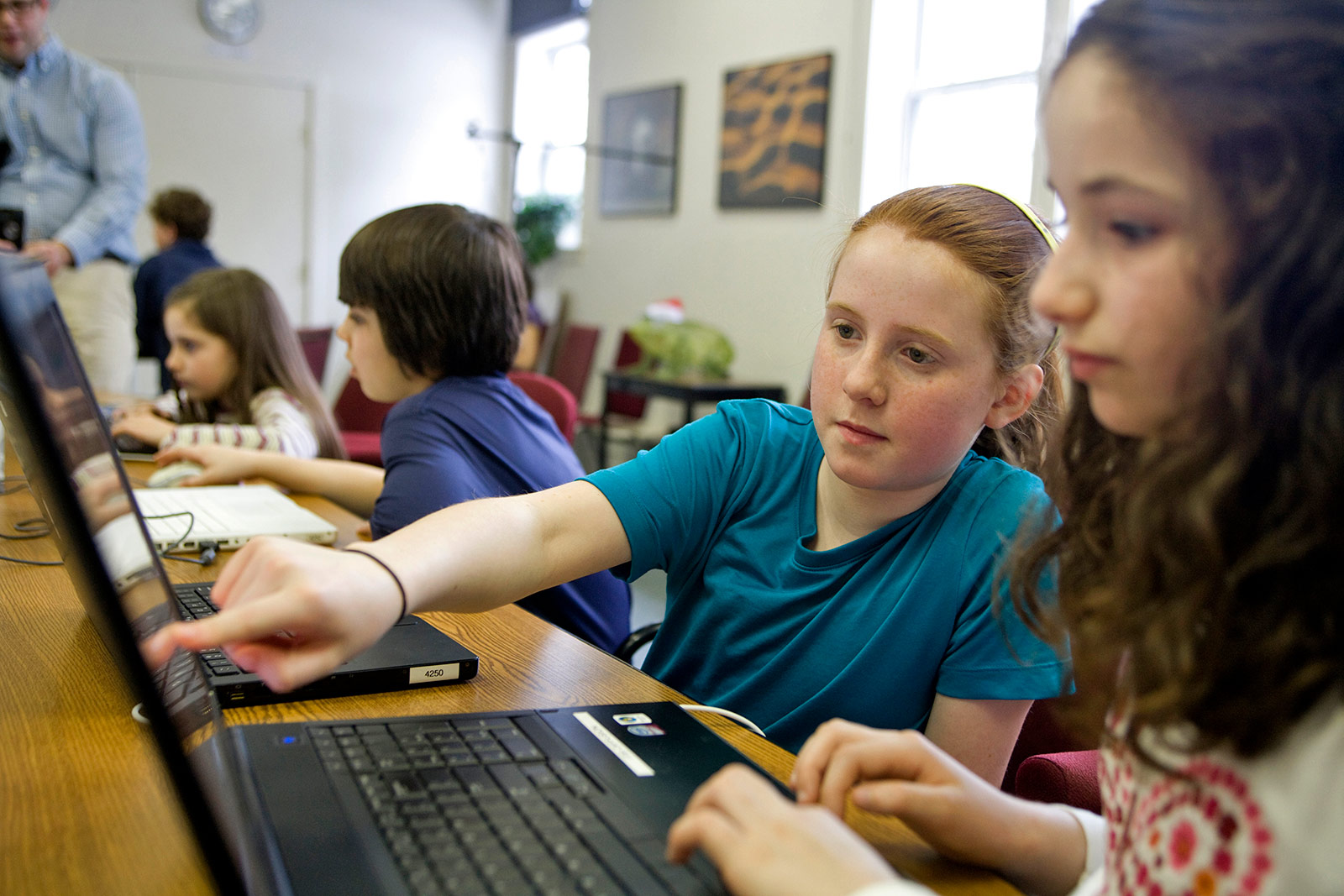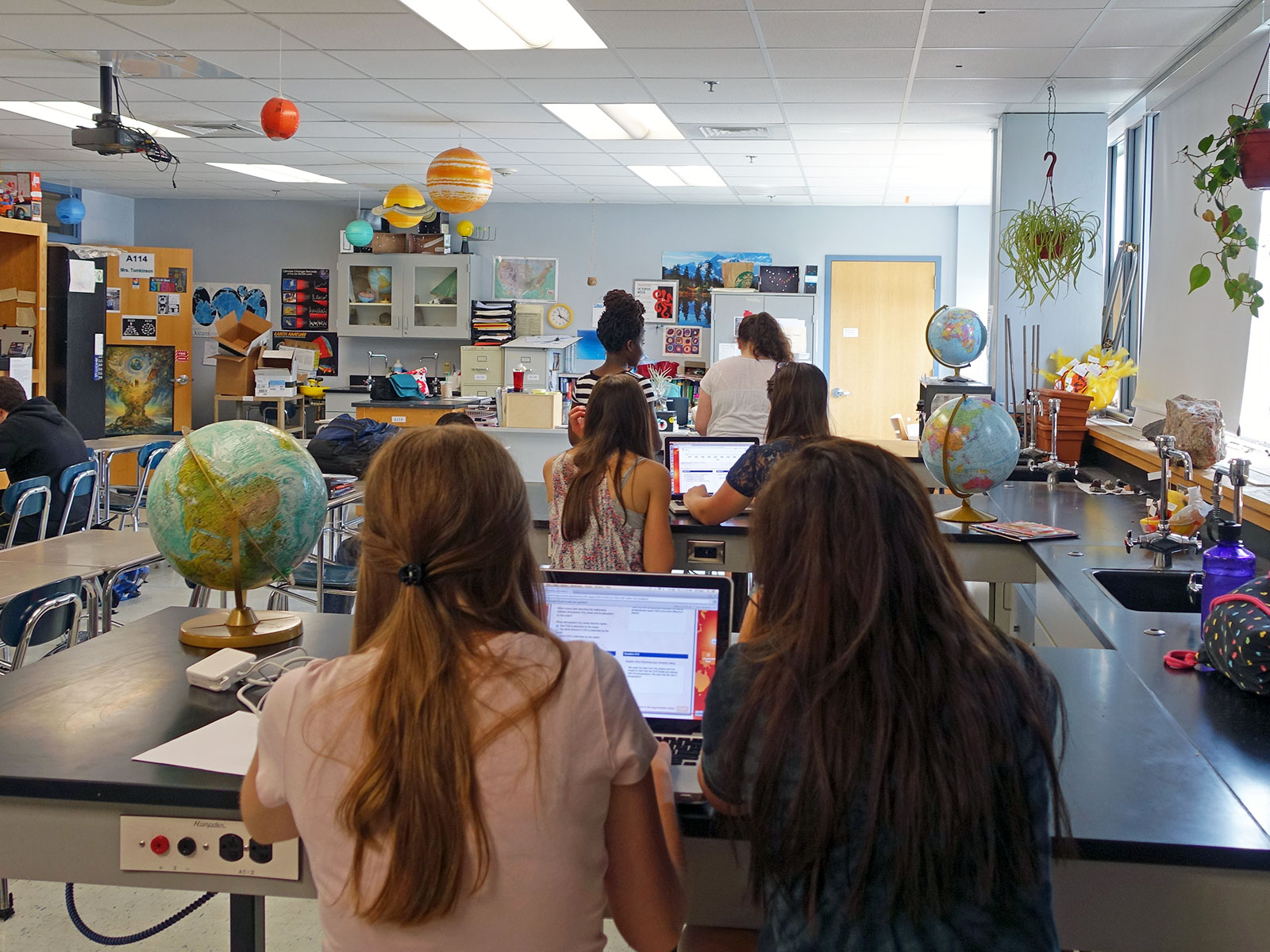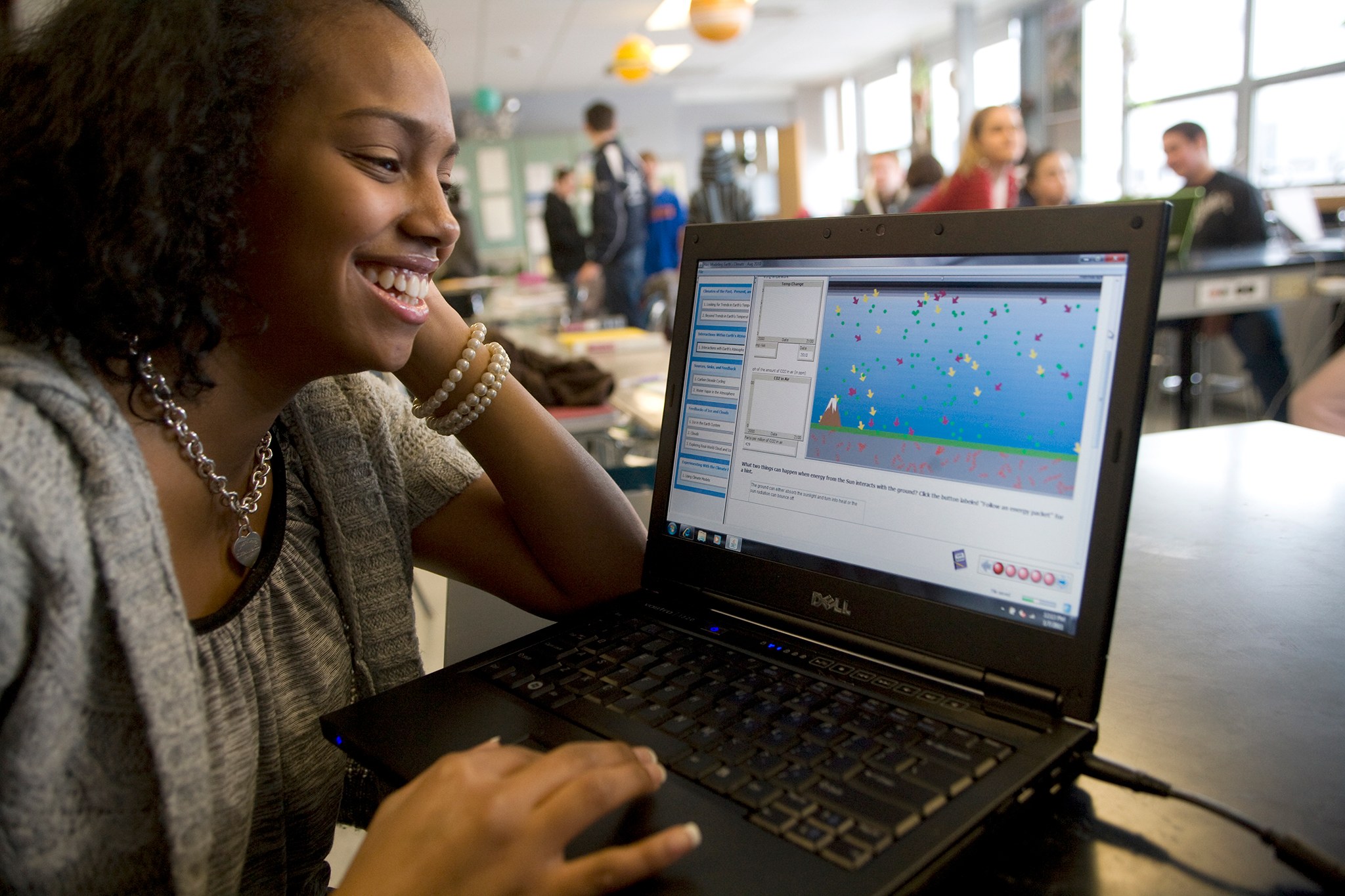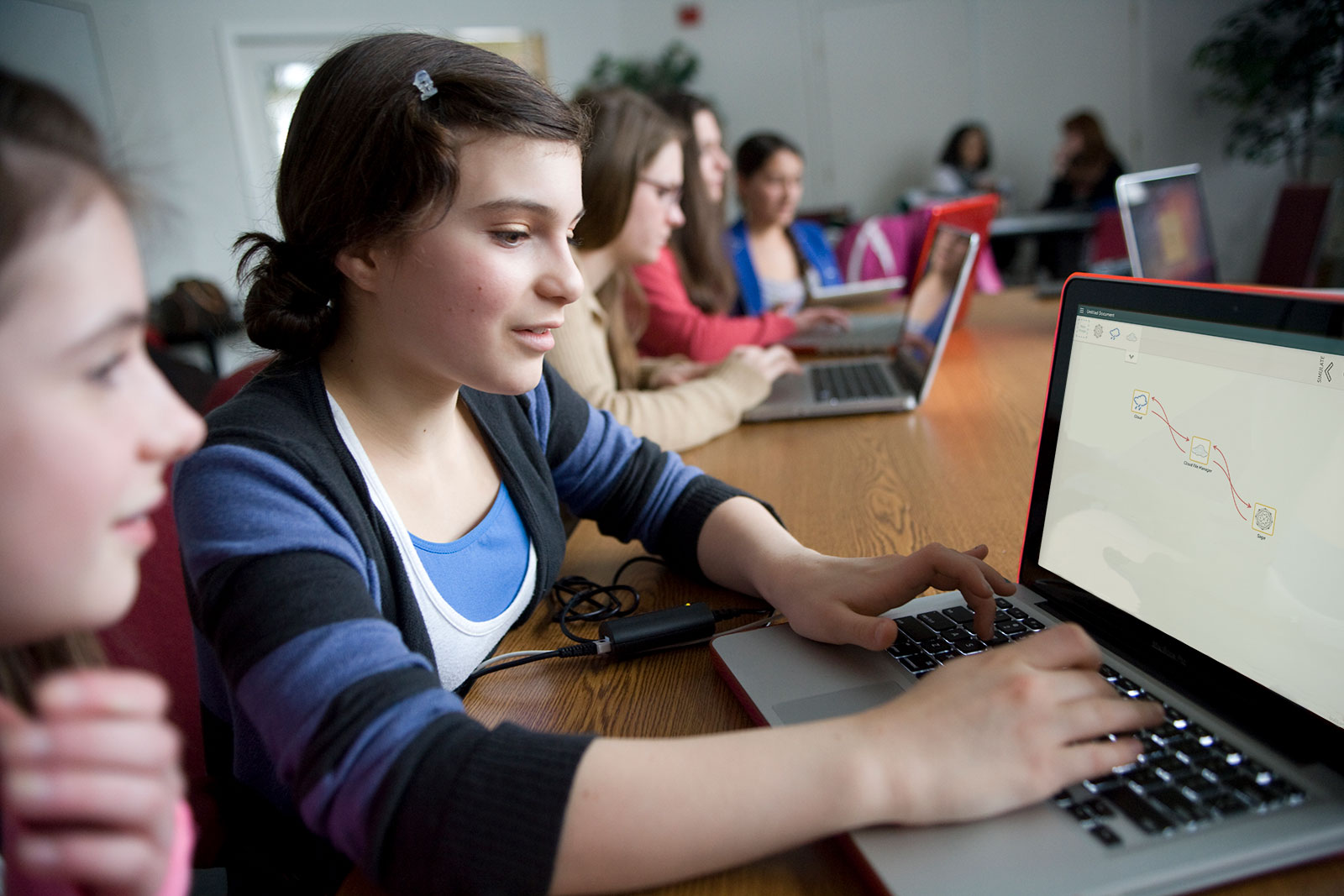Precipitating Change
Importance
Few phenomena have the salience of weather in our daily lives. Meteorologists must deeply understand data quality and sampling trade-offs, speak the “grammar” of computational models, and be able to characterize the uncertainty of model predictions. Weather and weather forecasting offer an ideal medium for the integration of science, mathematics, and computational thinking, and a prime opportunity for powerful, engaging approaches that significantly change the paradigm for STEM education.
With Argonne National Laboratory, Millersville University, and the University of Illinois at Chicago, we’re designing and testing instructional materials and technologies to promote middle school students’ ability to apply computational thinking practices and understandings in the context of weather and weather prediction. We will accomplish this using a novel, highly inquiry-based approach, placing students inside simulated weather phenomena and enabling them to play the role of scientific experts. In this role, students will actively employ computational thinking (CT) practices and skills and science and mathematics understanding as they collect and analyze incoming data, run and refine weather models, and make and evaluate predictions—all within ongoing, quasi-real-time situations. Through this work, we aim to empower students to understand and apply weather-related science and mathematics by employing core computational methods and thinking involving data, models and prediction.
Research
Our research focuses on enacted experiences that lead to science, mathematics, and computational thinking content understanding and practices and learning environment designs that foster and scaffold these enacted experiences effectively.
Publications
- Massicotte, J., Staudt, C., & McIntyre, C. (2021). Weathering the virtual storm: Using computational thinking to make a forecast. Science Scope. 44(5): 18–27.
- Covitt, B. A., Staudt, C., Cope, D., Massicotte, J., & Kimball, N. (2021). Exploring plurality in students' ways of knowing with learning progression-based assessments of computational thinking. Paper presented at the Annual Meeting of the National Association for Research in Science Teaching (NARST).
- Staudt, C., Raymond, T. G., & Covitt, B. (2020). Teaching computational thinking through weather prediction in alaskan villages. @Concord, 24(1), 4–6.
- Staudt, C., Moher, T., & Massicotte, J. (2019). A virtual storm teaches computational thinking. @Concord, 23(1), 12-13.
Activities
View, launch, and assign activities developed by this project at the STEM Resource Finder.







